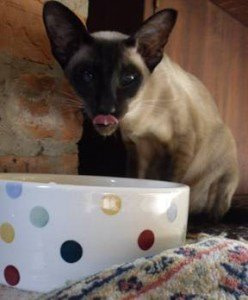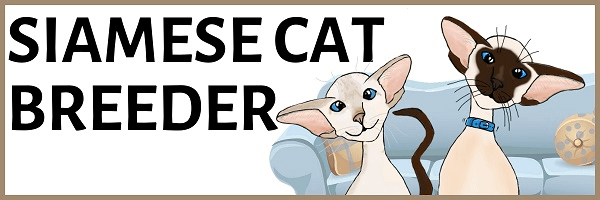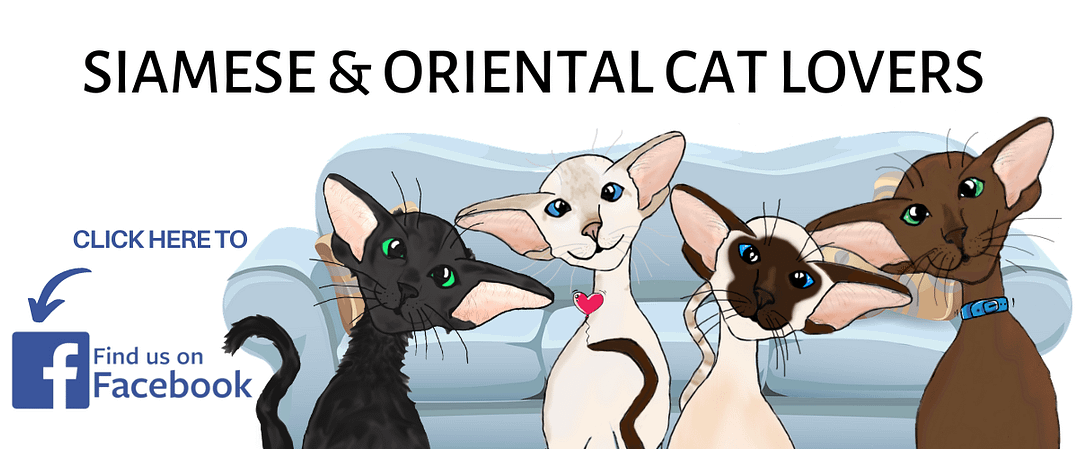What to feed your cat is something that cat owners often have to consider. With a healthy feeding plan you ensure your cat fulfills all their dietary needs.
What to Feed Your Cat – Healthy Feeding Plan For Your Cat
 Cats are adorable animals. Probably the most common household pets around along with dogs. These fluffy creatures are strict carnivores and require a specific diet plan to maintain their health. Most cat owners are unaware of these key details. As a result, cats suffer. They can get diseases that can damage their immune system. So it is of utmost importance that these pet owners have some knowledge about their cat’s diet and meal plan. These creatures are very much like humans in terms of needing basic nutrition for growth. Here are a few tips on how to feed your cat and keep it healthy.
Cats are adorable animals. Probably the most common household pets around along with dogs. These fluffy creatures are strict carnivores and require a specific diet plan to maintain their health. Most cat owners are unaware of these key details. As a result, cats suffer. They can get diseases that can damage their immune system. So it is of utmost importance that these pet owners have some knowledge about their cat’s diet and meal plan. These creatures are very much like humans in terms of needing basic nutrition for growth. Here are a few tips on how to feed your cat and keep it healthy.
Proteins
Proteins are an absolutely vital part of a cat’s diet. Be it the tissues or body organs, from skin to blood to hair, tendons, or cartilage, the proteins act like the building blocks. It is a major part of good nutrition and also functions as hormones, enzymes and antibodies. The amino acids which are the key components of proteins get absorbed by cat’s body and used as fuel for various bodily processes and synthesis of new proteins. In absence of certain amino acids in the body this synthesis gets limited affecting the overall health of the animal. Protein needs to be given to the cats in combination with other essential nutrients to ensure optimal health.
Fats
Fats supply energy to the cat’s body. These essential fatty acids protect from disease and promote absorption of vitamins. Key minerals are also found in these fats, Vitamin A, D, E and K are present in these foods. Fats are also essential for the cat’s body and skin and also help it maintain a healthy coat of fur. Cats have more nutritional needs then dogs, however, don’t overfeed your cat.
Excessive eating and intake of fatty foods can lead to obesity and diabetes. A lot of people stick to conventional cat food that is available as it contains all the necessary nutrients needed by the cat.
Carbohydrates
Carbohydrates are made up of primary sugars and starches. They give the cat energy and strength; plants and vegetables are primary sources of carbohydrates. A cat’s body is adapted to a low carbohydrate diet. Its mechanism is very effective and uses starch and sugars very efficiently.
Vitamins
Vitamins are essential for the body. They are responsible for performing chemical reactions and digestion. Cats require Vitamin A intake for tissue maintenance in their bodies. Food for pet cats provide a healthy and balanced meal to your cat helping it function at its optimum level.
Minerals
The body’s structure is maintained through good mineral intake. Cat foods can supply the right amount of minerals to your cat’s body. However, damage can be caused by over supplementation; remember that everything is good in moderation, so don’t overdo it. Excessive calcium can be harmful to your cat’s health and it must be supplied in the right quantity for any nutritional benefit.
Water
Water is probably the most important nutrient for all living things. Plants need it, humans need it and so do animals. Fortunately, cats do not have a strong thirst drive unlike other animals. So they can stay healthy even on low quantity of water. One surprising fact about cats is that they can even drink sea water. Their kidneys are so efficient that even salt water is transformed into normal drinking water. But don’t take any risks and always provide your cat with safe and clean drinking water. Canned food for cats has over 75% watery content which is more than enough to fill its liquid needs.
Storing Food
Refrigerate cat food that is not being consumed or else it will go stale. Make sure that you heat the food and bring it to room temperature before you feed it to the cat. Store dry food in a cooled location; use an air tight container so that the nutritional value of the meal is not lost.

